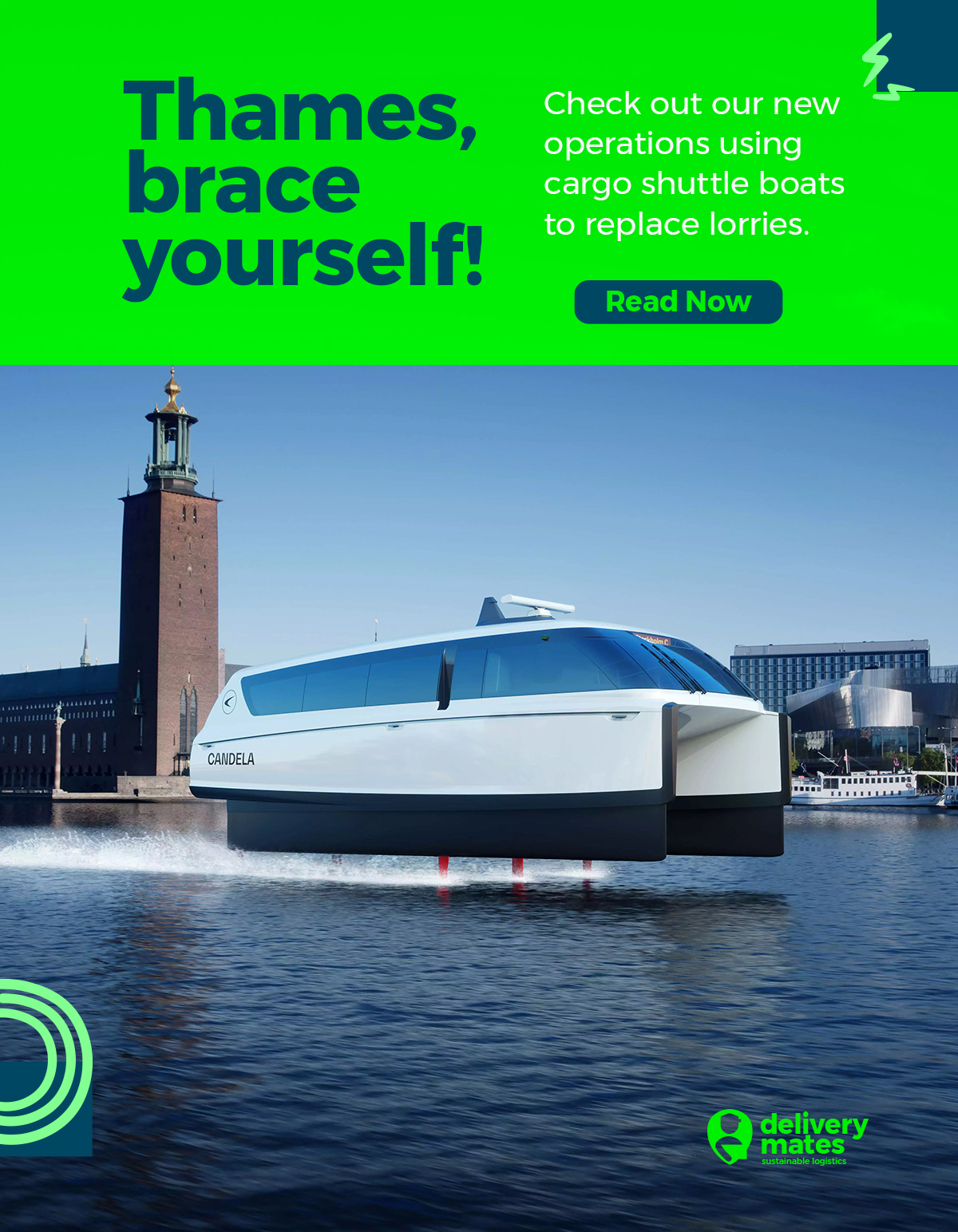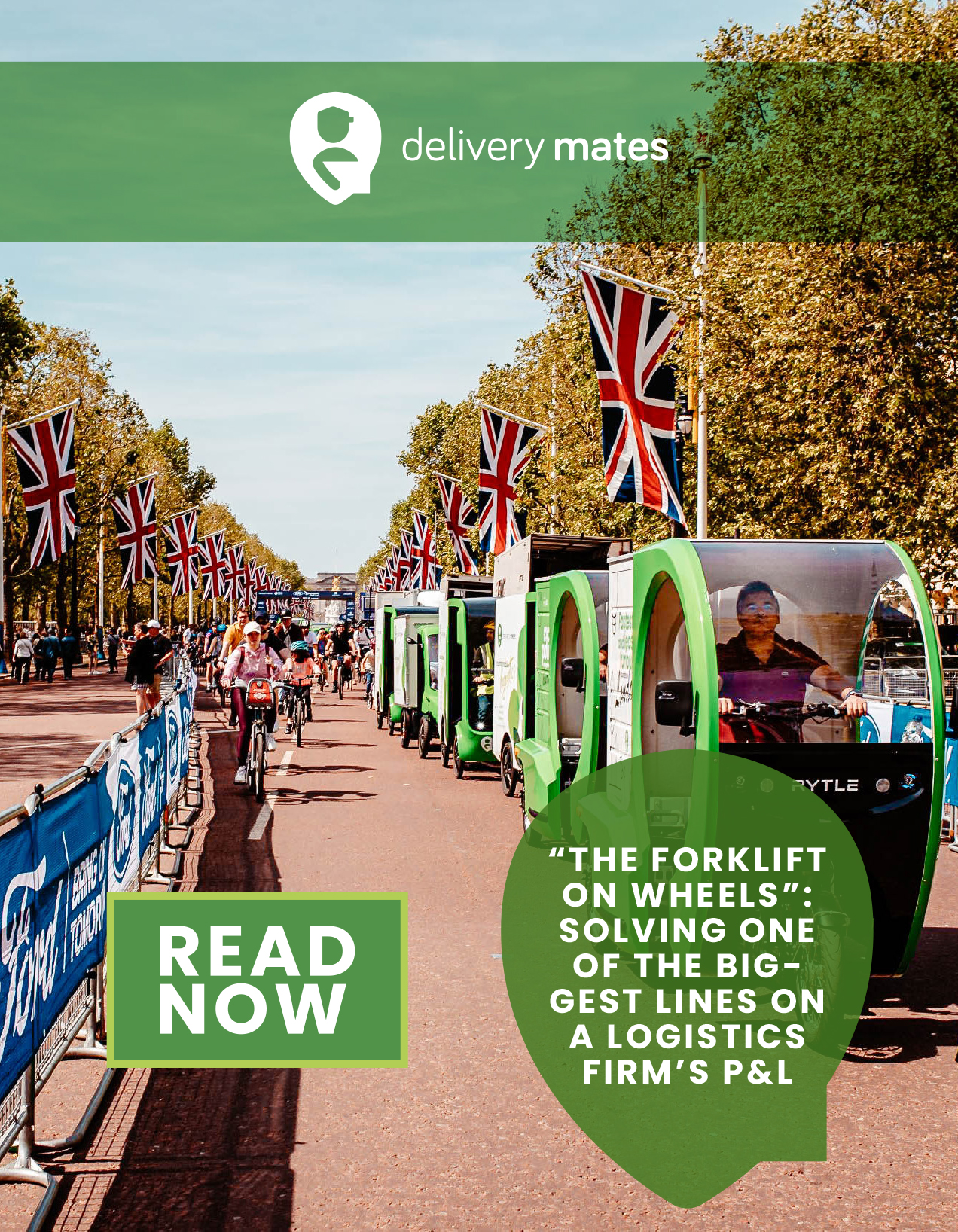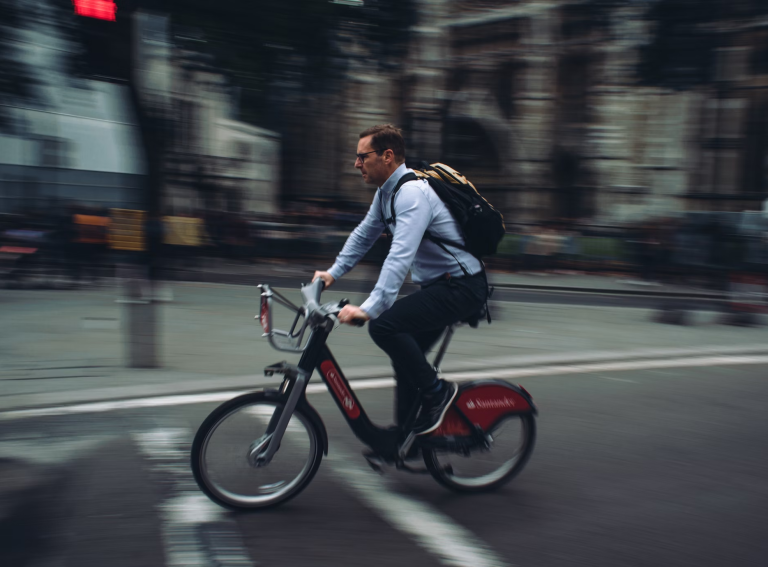Micro-Mobility for Europe (MMfE) has responded to a joint set of e-scooter safety recommendations for policymakers laid out by the European Transport Safety Council (ETSC) and the independent Parliamentary Advisory Council for Transport Safety (PACTS).
MMfE is a members association of eight shared micromobility providers – Bird, Bolt, Dott, Hopp, Lime, Superpedestrian, Tier and Voi.
The association welcomed the growing focus on the safety of e-scooter riders but highlighted that any rules and design changes should involve the industry to avoid unintended consequences.
Some of the recommendations set out in PACTS and ETSC’s report include a 20 km/h factory-set speed limit, power limit of 250w, minimum wheel size of 30.5cm, a ban on passengers and pavement riding, compulsory helmets, minimum rider age of 16 and a mandatory audible warning device.
Suggestions
According to MMfE, general restrictions on motor power, especially at 250w, and a minimum 30.5cm wheel size as proposed in the report should be avoided.
The association argues that the first can impact e-scooter usability depending on city topography, while the latter lacks evidence that it would increase rider safety.
MMfE suggests changing the e-scooter speed limit from 20 km/h to 25 km/h paired with lower speed limits for cars.
When it comes to mandated audible warning devices, MMfE does support this and highlighted that all of its members’ e-scooters are already fitted with bells. Yet, MMfE does not support mandating of other audible devices without consulting the industry to assess feasibility, empirical evidence and cost-benefit.
If made mandatory, the organisation also proposed a time frame for the industry to add indicators to e-scooters without having to retrofit or restrict the lifecycle of fleets already deployed.
“Action is needed to enhance the safety of vulnerable road users such as e-scooter riders,” Welmoed Neijmeijer, Co-Chair of MMfE, told Zag.
“Investments and improving safe and segregated infrastructure are crucial to reach this goal, which has also been identified in recent publications from the European Parliament, the European Commission and the ITF. There is also a lack of comparable data on accidents, which should be the basis for evidence-based policy-making. As for all traffic participants, rules must be consistently enforced by the responsible authorities. MMfE is committed to contributing to the goal of improving safety and reducing the number of accidents.”
Riding behaviour
Regarding the road rules for e-scooters, the industry supports measures such as a minimum riders age of 16 and a ban on tandem riding but emphasises that enforcement must be carried out by local authorities.
Rules for scooter riding on pavements, according to MMfE, should be determined at a city level, as there are cities like Calgary in Canada that allow pavement riding. The association highlights that inner-city speed limits for cars and segregated infrastructure reduces the behaviour.
MMfE further argues that the use of helmets should not be mandatory. The group said that mandatory helmet laws are not proven to address core safety issues and potentially reduce bicycle and e-scooter usage.
Instead of making it mandatory, the organisation suggests investment in safe micromobility infrastructure, encouragement of helmet use and reduction of car use and inner-city speed limits.
“Any change of rules to technical standards or changes required on e-scooter design should be the result of comprehensive industry consultation, and take into account the lead time from inception to deployment, as well as lifetime, to avoid a detrimental effect on operators, users and urban mobility systems,” said MMfE.
The organisation said it is open to discussing its response to the ETSC report with all involved stakeholders, such as the ETSC, representatives of EU institutions as well as regional authorities.










